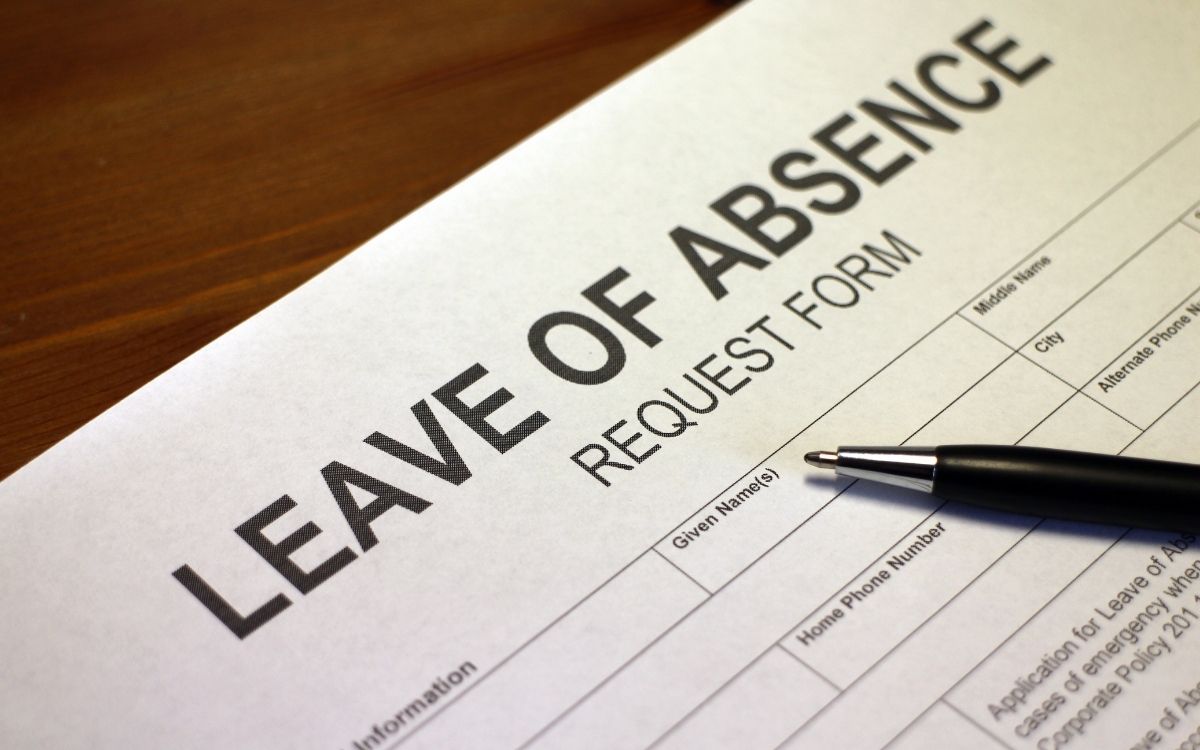If you are reading this, you’re likely taking or considering a gap year between your academic pursuits. Whether this is a gap year between high school and college or undergraduate and graduate studies, a gap year can be an exciting time!
A gap year between your studies is a great way to explore your options. Taking a gap year provides valuable time for travel, reflection and improving your financial situation. However, taking a gap year isn’t for everyone. Read on to discover the pros and cons of taking a gap year!
Gap Year 101

Before we dive into the pros and cons of taking a gap year, it’s important to know the basics of taking a gap year.
Taking a gap year is essentially taking a break from your academic studies. You can take a break at any time but most students decide to take a gap year at the end of a degree.
What Is a Gap Year?
A gap year is usually one year (but it can be longer!) during which you take a break from academic studies. Gap years are exciting opportunities that allow you to refresh your mind and body after rigorous academic study.
Gap years can be taken at any time but most often students will take a gap year between finishing high school and starting college.
Additionally, many students will do the same after college and take a gap year prior to starting postgraduate studies. This provides students with time to spend outside their academic studies.
Why Take a Gap Year?
You can spend your gap year doing a variety of things. However, most students spend their gap years traveling, working or reflecting on their studies.
Many high school students take this time to establish their freedom as independent adults. This additional time between schooling also allows them time to discover their interests beyond what is presented to them in high school.
The same applies to students with bachelor’s degrees or associate’s degrees. Many students will take their gap year after completing a degree but before starting a second or more advanced degree.
Again, this provides time for students to either relax away from academic studies, travel, gain experience in the workforce or improve their financial situation.
How Do I Take a Gap Year?

Taking a gap year is easy! There are a few ways to go about taking a gap year. It is different for students who have not started college, are in college or who have finished college and are applying to graduate schools.
Taking a Gap Year Between High School and Undergraduate Studies
There are two ways to take a gap year when you are a high school student applying to your first undergraduate studies program.
The first option is easy. Simply do not apply to schools.
If you do not apply, you will not have to take any more steps. However, this means that you will be applying to undergraduate schools the following year. Therefore you will be doing so without the resources provided to your high school.
The second option is more involved but is often more advisable. Apply to the undergraduate programs of your choice then defer.
Deferring requires you to be admitted to the undergraduate program. So you will have to apply to schools as normal (as if you were going to attend the following year) before taking the option to defer.
Deferring for a year means that you still maintain acceptance into the program but that you do not have to start right away. Usually, schools limit how long you can defer, as well as how to defer.
Always check with your program and the school before deferring. Make sure that you have followed their instructions and stay up to date with the rules regarding deferrals.
Taking a Gap Year During Undergraduate Studies
Taking a gap year during your undergraduate studies is also possible and quite common!
Many students suffer from academic burnout and feel that they need time to recuperate mentally or that they would like to gain more life experience through travel or work.
Each university and program is different. If you are considering taking a gap year during your studies, simply check in with your academic advisor. Your advisor will alert you to any steps you must take to declare your gap year.
In general, it works the same as a deferral in that you maintain your admission to the program but simply put your participation on hold for a set amount of time.
Again, each school will have different requirements and limitations to taking a gap year.
Taking a Gap Year Between Undergraduate Studies and Advanced Studies
If you have just finished your undergraduate degree – or perhaps your first advanced studies degree – and are hoping to continue on to another degree, it’s quite easy to take a break in between.
Likewise with highschool students, you have two options: simply do not apply or apply and defer.
In contrast, it is often advised that you take a gap year and wait to apply for graduate studies. This is due to the experience you can gain during your gap year.
Many students will spend their gap year(s) working or gaining experience in the field of their study. This will greatly improve the odds of your acceptance into your chosen program.
For example, a student with a Bachelor’s Degree in Anthropology may perform better during the application process if they have two years of experience working as an archeologist. Likewise, an English Major will be more likely to succeed after a year of working for a publisher.
Pros and Cons of Taking a Gap Year

There are many pros and cons of taking a gap year. However, everyone’s situation is different.
Whether you are a high school student or a graduate applicant, if you receive financial aid or pay out of pocket, or the competitive nature of your program will all affect how you make this decision.
It is important to remember that you are an individual and your studies are unique to you.
Pros
- Gap years give you time to reflect on your path. You can spend time trying out different interests or building skill sets outside of academics.
- You can spend this time building your academic and/or work portfolio. This is especially important for graduate applicants and anyone applying to a competitive program.
- You can take a gap year just for you! Spend time traveling and exploring your identity.
- Build your finances. Oftentimes students are strapped for cash. Gap years give you time to pad your wallet and save for future expenses.
- You can be accepted to your school of choice and defer. Deferral guarantees your acceptance but allows you the freedom of a gap year. Using this system can negate any negatives you might experience otherwise.
Cons
- Taking a gap year between high school and college means missing out on sharing your freshman year memories with your current friends. If you don’t move from your hometown, you will likely find yourself missing friends who didn’t take a gap year.
- You may lose steam. Taking a gap year also gives you time to lose interest or motivation. Your studies may take a back seat to daily life.
- Sometimes gaps years are more expensive! If you spend your entire time traveling without any financial income, you may find yourself in more debt with the same amount of school costs in the future.
- Unless you defer, you will have to apply for programs without the resources provided to you by your current school.
Is a Gap Year Right for You?
So, is a gap year right for you? The only person with the answer to that question is you.
It’s a big decision and a scary one at that. However, it doesn’t need to be. Just remember that you are not the first person to take a gap year and that, like it is for others, it can be a very rewarding experience.
You can use this time to enrich your life in many ways. You can travel the world, visit friends and family, gain work experience, bolster your academic portfolio, finance your future expenses and spend time reflecting on your wants and needs.
A gap year can be a liberating time in your life. It can give you the chance to find part of yourself or to prepare yourself for the future.
However, it may not be right for some. Many people can find a gap year too overwhelming or perhaps too unstructured for them.
Some individuals crave structure and need to continue their studies back to back. Others might want to get it over with or are reliant on financial aid that doesn’t allow for gap years.
Taking a gap year isn’t right or wrong, it is dependent on the individual and their unique situation. For many, taking a gap year simply feels right.
Related Articles
- What Are the Advantages and Disadvantages of Student-Centered Learning?
- What are The Pros and Cons of Virtual Learning?



